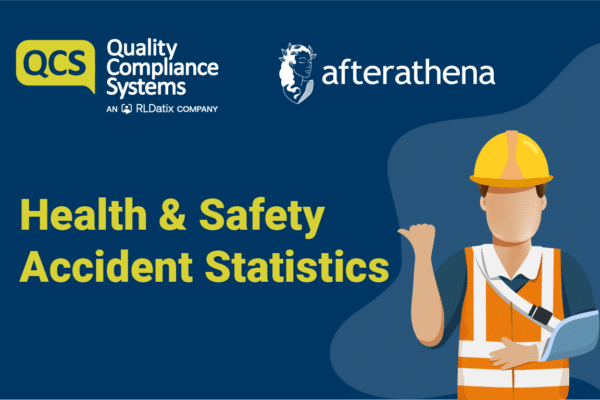
I have been accused in the past of being ‘middle class’ about money, inferring a rather embarrassed approach to the awkward business of costing and charging for care. Having honed my tough negotiating stance in many a cost consultants office, I reject the accusation, but I see it often in third sector contemporaries . We just find it hard to talk numbers when it comes to delivering compassionate care. After all, nobody wants to be seen to be profiting, do they?
I was having one of those uncomfortable conversations with a commissioner recently. We danced about a bit over the details; I was firm in my assertion that quality care and safeguarding did not come cheap and he was equally tough about the limitations on his budget.
I’m not an idiot; as a former commissioner of services (gamekeeper turned poacher?) I am well aware of the need to be cautious and manage increasingly reduced budgets. And besides, that’s public money he is being stingy with. But learning disability services are many councils’ biggest cost pressure in adult social care.
Working together to help understanding
A recent workshop suggested that stronger collaboration between commissioners and providers is the key to developing solutions to the problem of finding good quality support at a cost that can be afforded. The Association of Directors of Adult Social Services’ learning disability policy network and the Care Providers’ Alliance (CPA) collaborated to produce a paper, Finding Common Purpose, which identifies the causes, real and perceived, of distrust in the commissioner-provider relationship.
From the provider point of view, the paper cites the reduction in knowledgeable specialist commissioners, the high cost of getting onto frameworks, the use of tough fee negotiators and the pressure to sign up to undeliverable low cost contacts as reasons for discord.
For their part, commissioners feel that providers do not understand the cost pressures on councils and the need for services to adapt to them, nor are they aware of the mechanisms of government around elected council members and decision making.
Solutions proposed
Some potential solutions to these problems include more joint training, better use of Learning Disability Partnership Boards and the inclusion of service users, carers and families in commissioning discussions. They also suggest the use of local market position statements to educate providers in the responsibilities of commissioners in their area, as well as the development of a national statement that shares good practice examples and informs providers of the funding landscape.
It remains to be seen whether this work will achieve a state of cooperation and partnership between the poachers and gamekeepers in our borough, but I would be willing to give it a try. After all, aren’t we all in this for the same reason – safe, appropriate and affordable high quality services?






